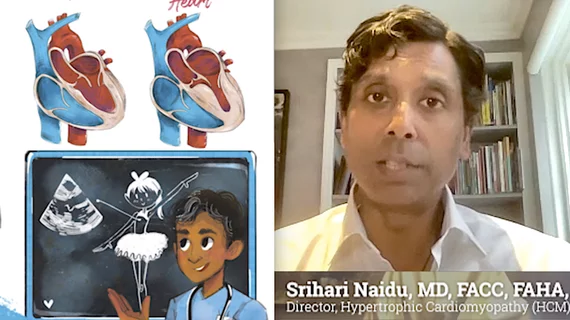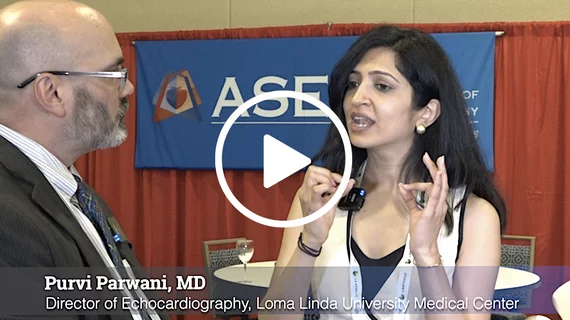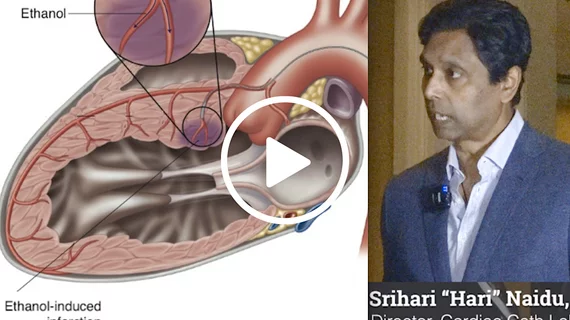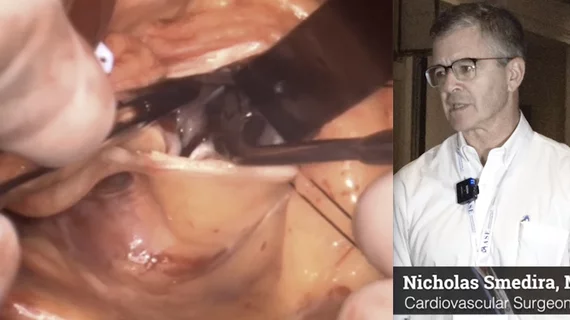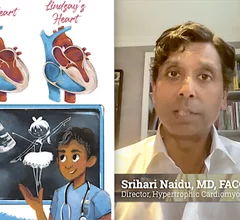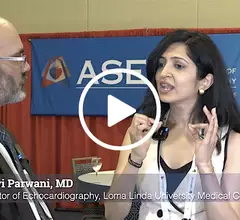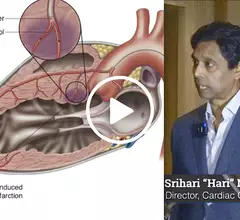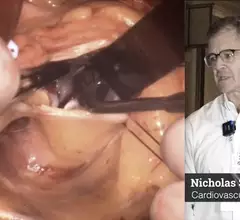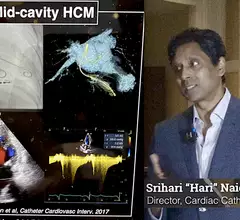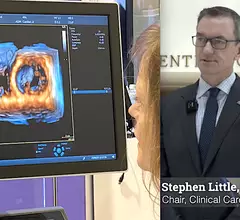Hypertrophic Cardiomyopathy (HCM)
Hypertrophic cardiomyopathy (HCM) causes the walls of the left ventricle to become thicker than normal. This can cause a blockage to blood flow in some patient and is classified as obstructive HCM. This is the most common form of HCM where the septum between the ventricles can reduce the blood flow into the aorta. Nonobstructive HCM is where the heart muscle is thickened but does not block blood flow. The thickened walls stiffen and reduce the amount of blood the heart can pump. HCM is usually caused by an inherited genetic variant (familial hypertrophic cardiomyopathy) and can be detected with genetic testing and diagnosed with medical imaging. It is considered widely underdiagnosed. HCM can lead to heart failure and sudden cardiac arrest. Treatments include drug therapy, septal myectomy and alcohol septal ablation.
